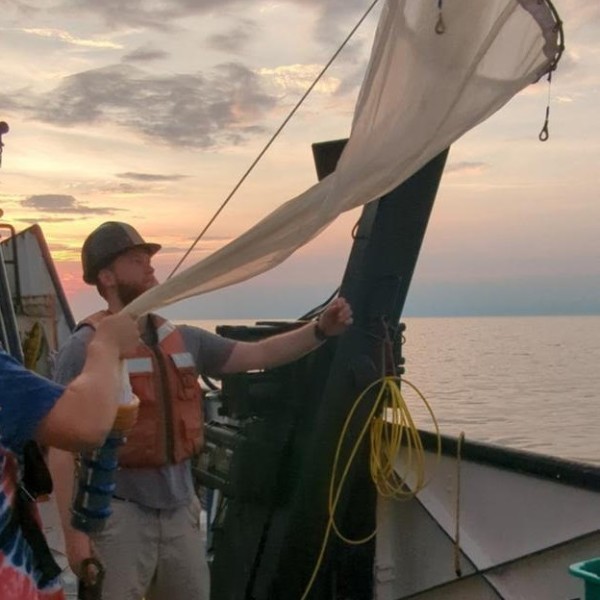A $500,000 grant from Chobani to Quirine Ketterings, professor of nutrient management in the Department of Animal Science in Cornell CALS and director of the Cornell Nutrient Management Spear Program (NMSP), will allow continued development of sustainability best practices for dairy farmers and will document the progress agriculture is making towards becoming more sustainable.
The NMSP, which is home to the Dairy Sustainability Key Indicators Project, partners with farmers and farm advisers to conduct research. In 2020 Roberta Osborne, director of farms and sustainability for Chobani, approached Ketterings with an interest in funding research that shows precisely how dairy farmers are making strides in such areas as nutrient use, greenhouse gas emissions, water use, water quality impacts, animal and plant production efficiencies, and biodiversity on farms.
“I immediately thought to go to our land-grant universities when consumers increasingly asked for sustainability reports,” Osborne said. “Cornell has boots on the ground with farmers actively encountering changes in agriculture.”
The project will expand NMSP’s whole-farm nutrient mass balance assessments for farms in New York that have been ongoing since 2005. These assessments measure the amount of phosphorus, nitrogen and potassium that farms use and recycle to produce crops and milk. As part of the grant, Ketterings and her team work with a cohort of about 40 farms that annually submit data for the whole farm nutrient mass balance assessment. Farmers who participate are able to see how their nutrient use compares to peers within the state, incentivizing them to reduce their environmental footprint to feasible levels.
“This project will not only build on our existing understanding of dairy sustainability key performance indicators, or KPIs, obtained from our ongoing work but will expand on this. It will help us focus on identification of management changes that have a positive impact on a range of dairy farm sustainability credentials,” Ketterings said.
The project will assess a variety of tools for their data input needs and the comparability of their results. In addition, it will identify the key drivers of the results from each tool (e.g., crop yields, fertilizer use, feed purchases, herd replacement rate). The researchers will then develop recommendations for tools or specific KPIs that can be used by farmers to obtain comprehensive sustainability assessments, and to accurately monitor the impact of management changes over time.






